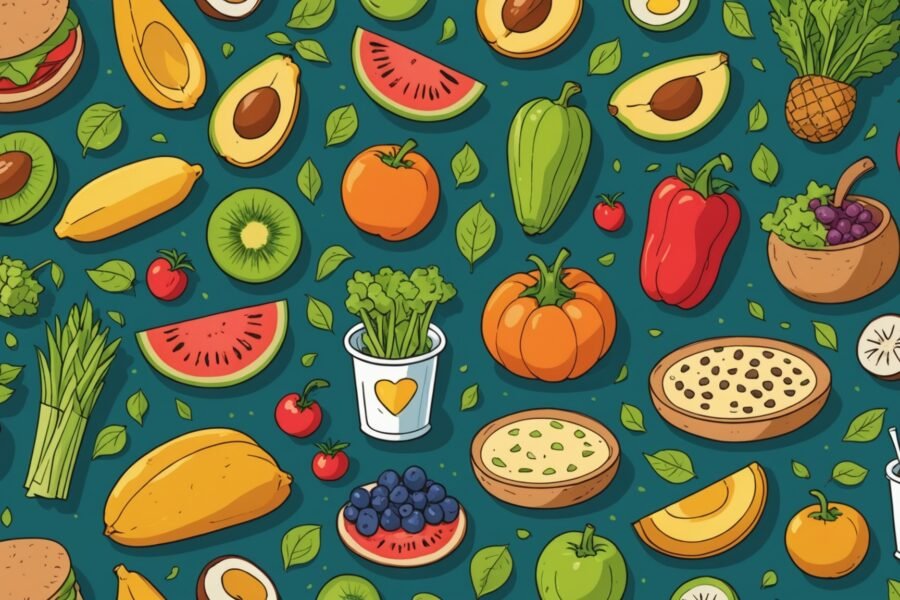
Are you looking to make a positive impact on the planet without overhauling your entire lifestyle? Small changes can make a big difference—especially when it comes to what we eat. In this guide, we’ll explore easy eco-friendly food swaps that help reduce waste, support sustainable food systems, and make your meals greener. Whether you’re a beginner or already on your eco-journey, these practical tips will fit right into your daily routine!
Why Eco-Friendly Food Swaps Matter
Food production is one of the leading contributors to greenhouse gas emissions and waste. According to the EPA, nearly 40% of all food in the United States is wasted. Making conscious choices about what we buy, eat, and discard can drastically cut our personal carbon footprint. With a few eco-friendly food swaps, you can help save resources, reduce landfill waste, and support a healthier planet.
Simple Eco-Friendly Food Swaps for Everyday Meals
Let’s dive into some simple swaps you can make today:
1. Swap Single-Use Packaging for Reusables
Instead of buying pre-packaged snacks or produce, opt for loose items and bring your own reusable bags or containers. This small change slashes plastic waste and supports a zero-waste kitchen. Check out EarthHero’s sustainable food tools for inspiration on reusable food storage and shopping solutions.
2. Choose Plant-Based Proteins
Meat production has a significant environmental impact. Try swapping one or two meals a week for plant-based proteins like lentils, beans, tofu, or tempeh. Not only are they delicious and versatile, but they also use fewer resources to produce. Need ideas? Our Eco-Friendly Living for Beginners guide has great plant-based meal tips!
3. Buy Local and Seasonal Produce
Importing out-of-season produce increases food miles and carbon emissions. Instead, buy fruits and veggies that are in season and grown locally. Farmers’ markets are great places to start, and you’ll enjoy fresher, tastier ingredients.
4. Use Whole Foods, Avoid Processed
Processed foods often come with extra packaging and preservatives. Swapping out pre-packaged meals for whole foods (like whole grains, fresh vegetables, and nuts) not only benefits the planet but also supports your health.
5. Compost Food Scraps
Instead of throwing away food scraps, start composting! Composting diverts waste from landfills and creates nutrient-rich soil for gardens. If you’re new to composting, our Waste Reduction Tips article can help you get started.
6. Swap Bottled Drinks for Homemade
Bottled drinks generate tons of plastic waste. Make your own beverages at home, like teas, infused water, or coffee in a reusable mug. It’s cheaper, healthier, and better for the environment.
Bonus Tips: Reduce Food Waste at Home
- Plan meals in advance to avoid overbuying.
- Store leftovers in glass or stainless steel containers.
- Get creative with “scrap” recipes, like veggie stock from peels and stems.
For more insights on how your food choices impact the environment, check out Green Matters’ Food Sustainability Insights.
Start Your Eco-Friendly Food Journey Today!
Making eco-friendly food swaps doesn’t have to be overwhelming. Every small change adds up to a big difference for our planet. Whether you’re skipping single-use packaging, trying a new plant-based recipe, or composting for the first time, you’re taking meaningful steps toward a greener lifestyle.Want to learn more? Explore our guides on Eco-Friendly Living for Beginners, discover Eco-Friendly Products, and find more Waste Reduction Tips.Let’s make every meal an opportunity to care for the Earth—one easy swap at a time!
